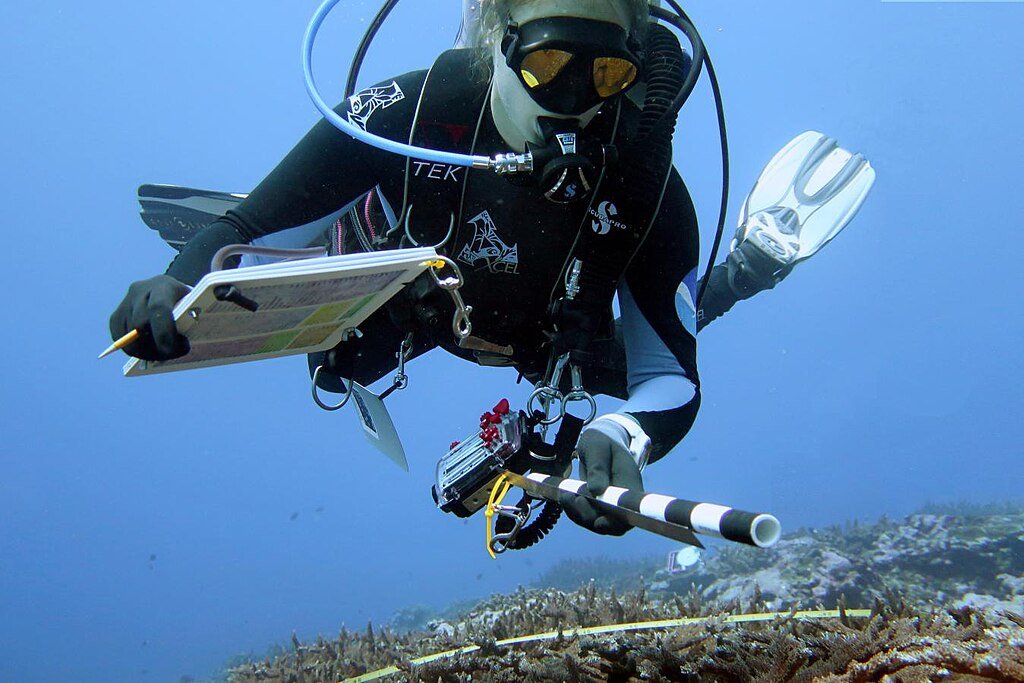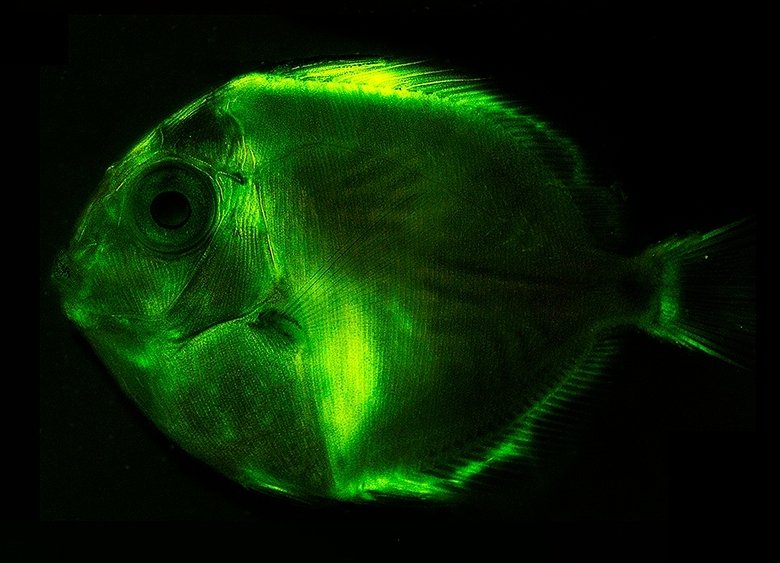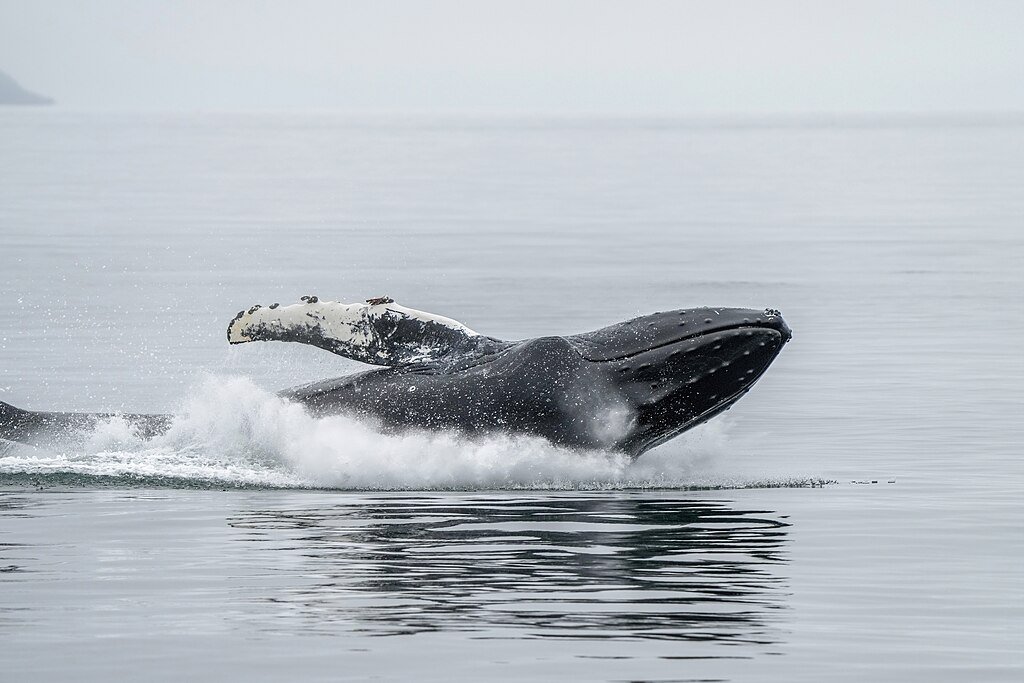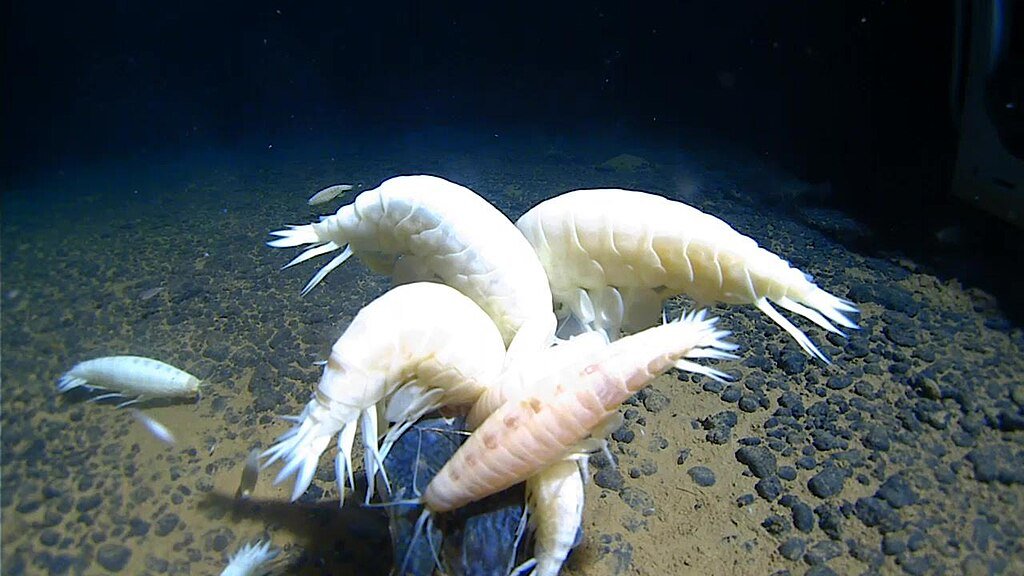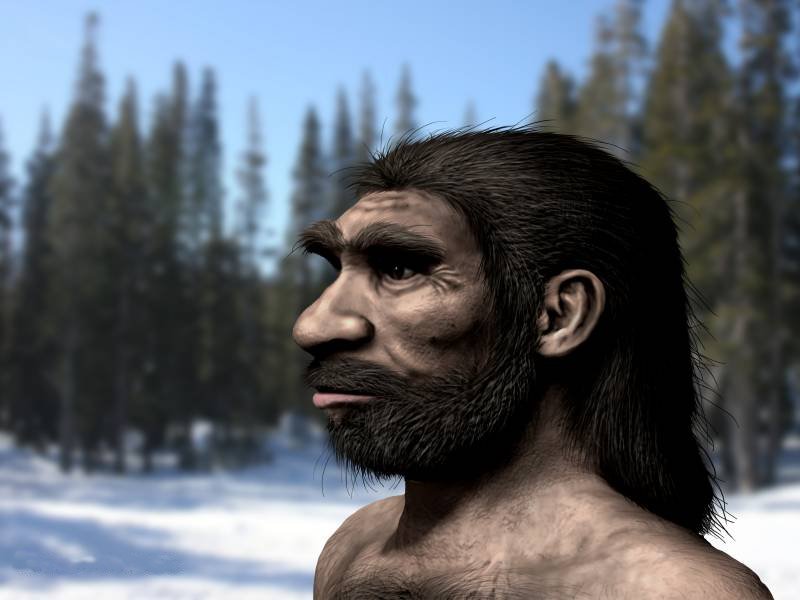The Deep Scattering Layer: When Fish Mimic the Seafloor
Imagine a world beneath the waves where dawn and dusk trigger a mass migration so vast, it can be seen by ships’ sonar as a ghostly, moving false bottom. Welcome to the deep scattering layer—a mysterious, shifting band in the ocean where fish and other creatures gather in such numbers that they seem to mimic ...


